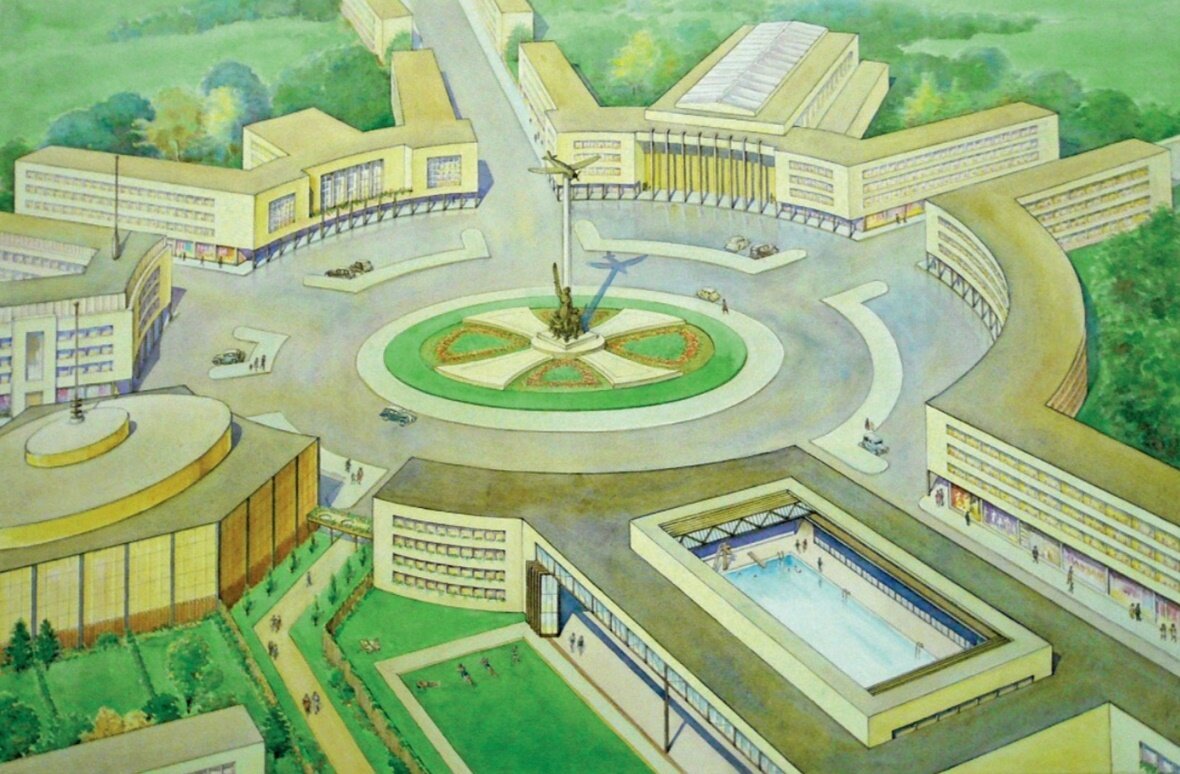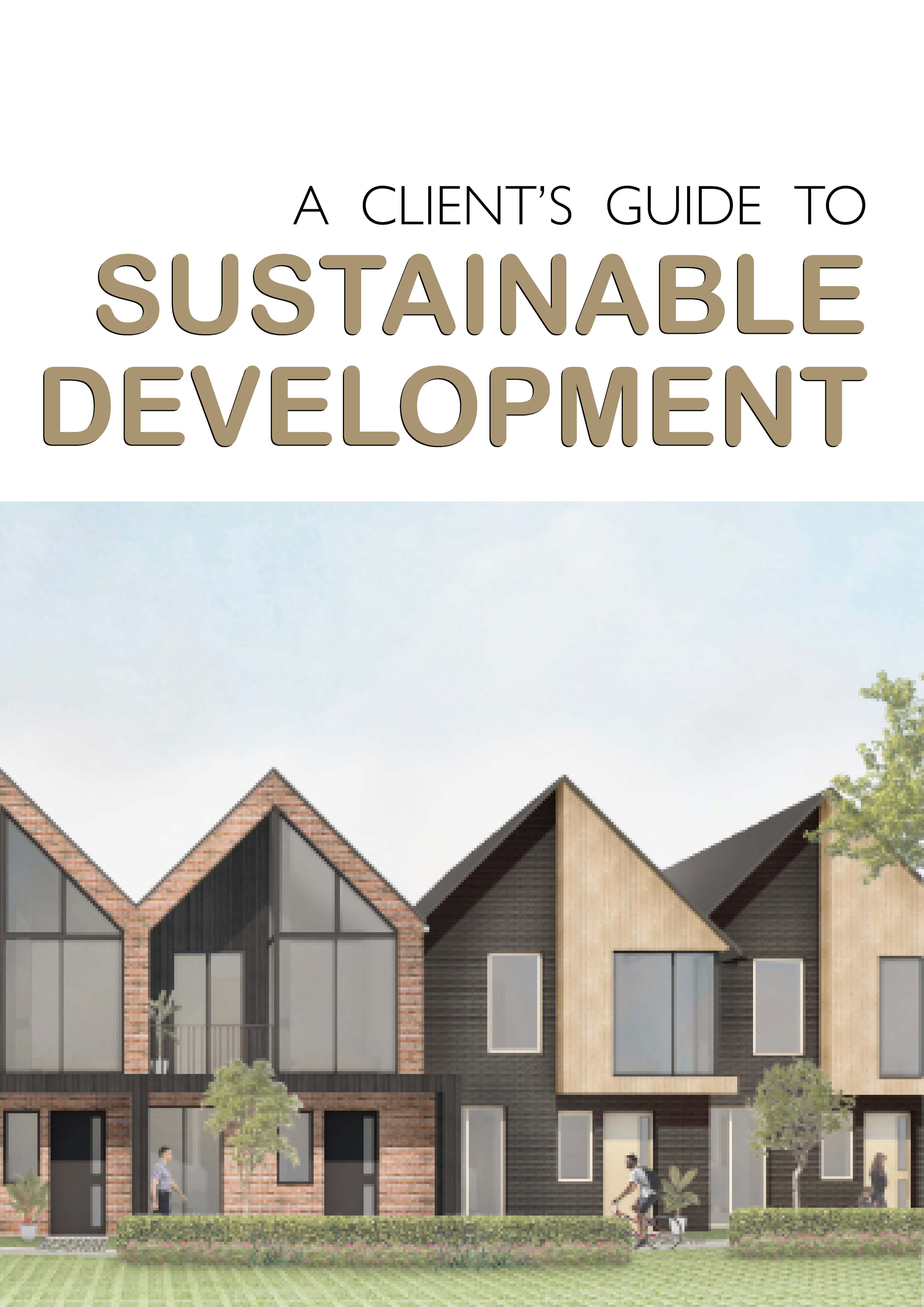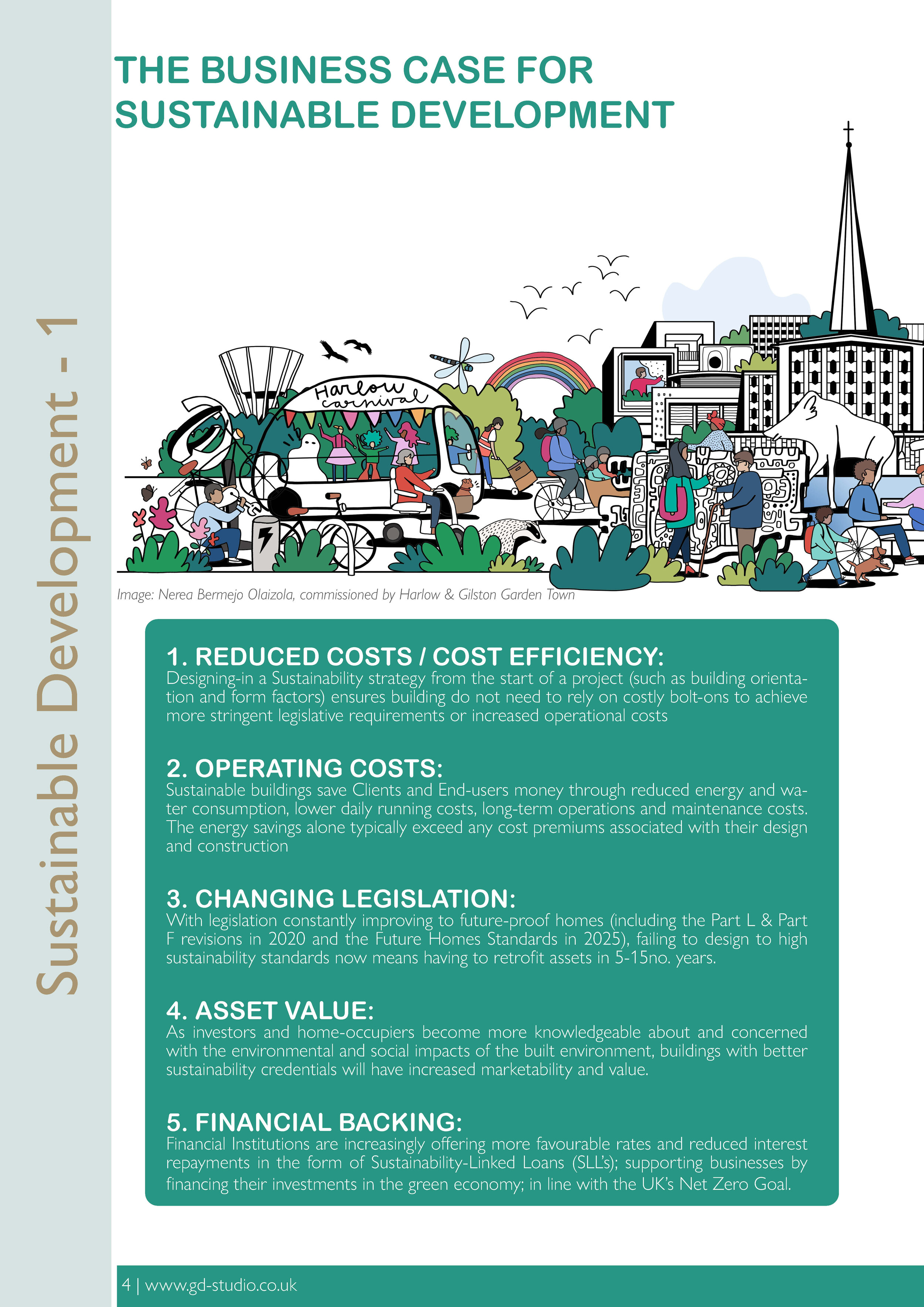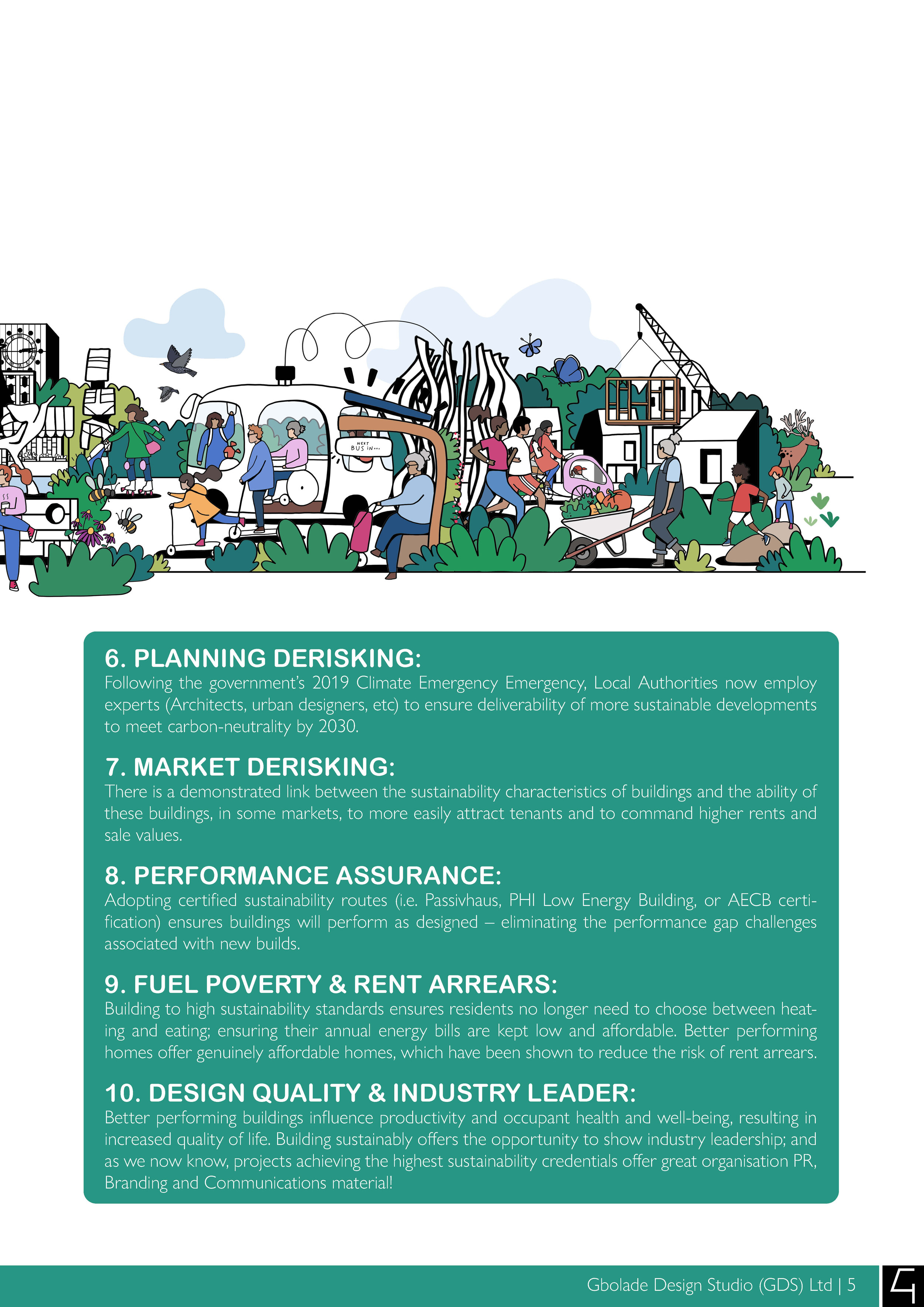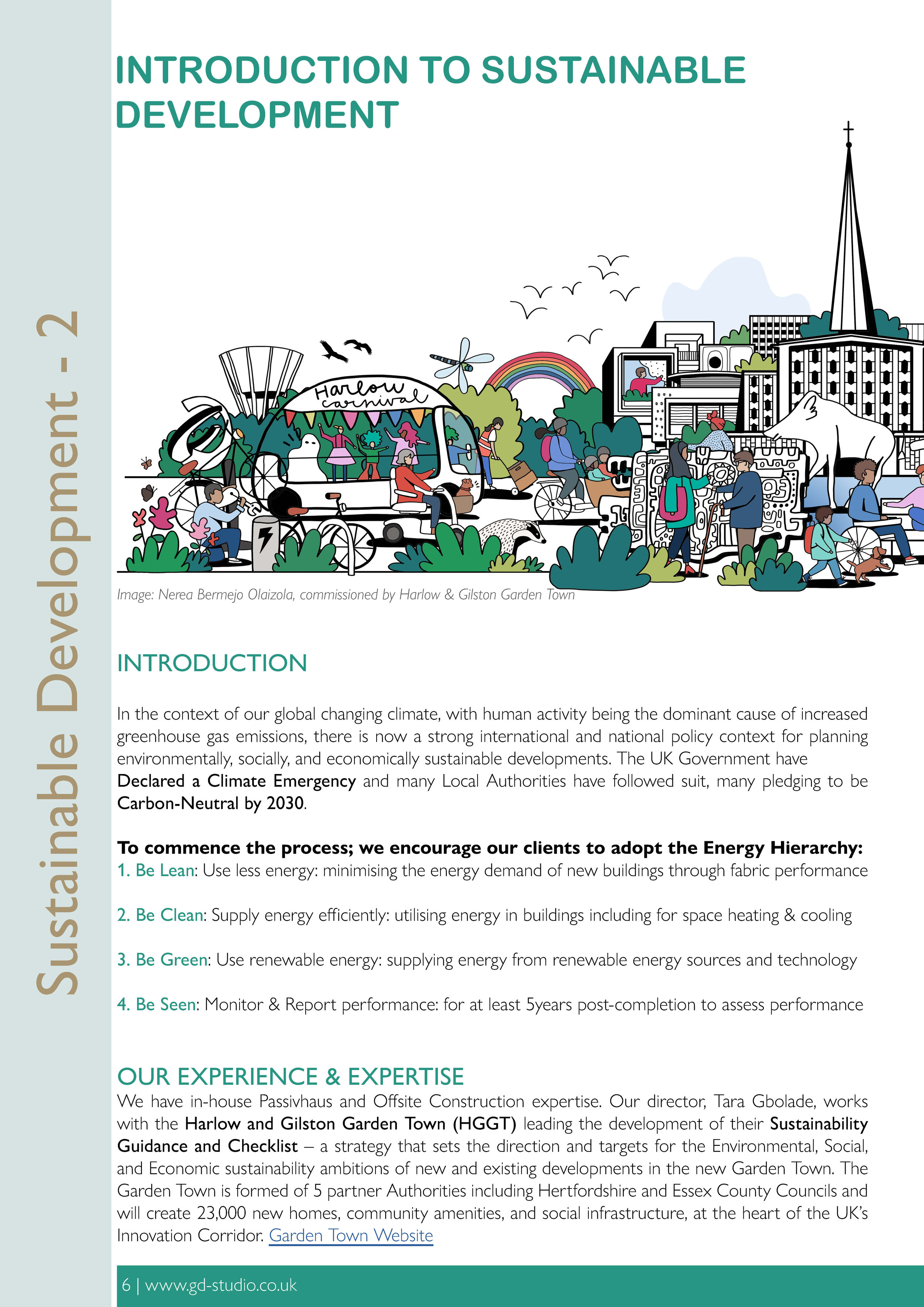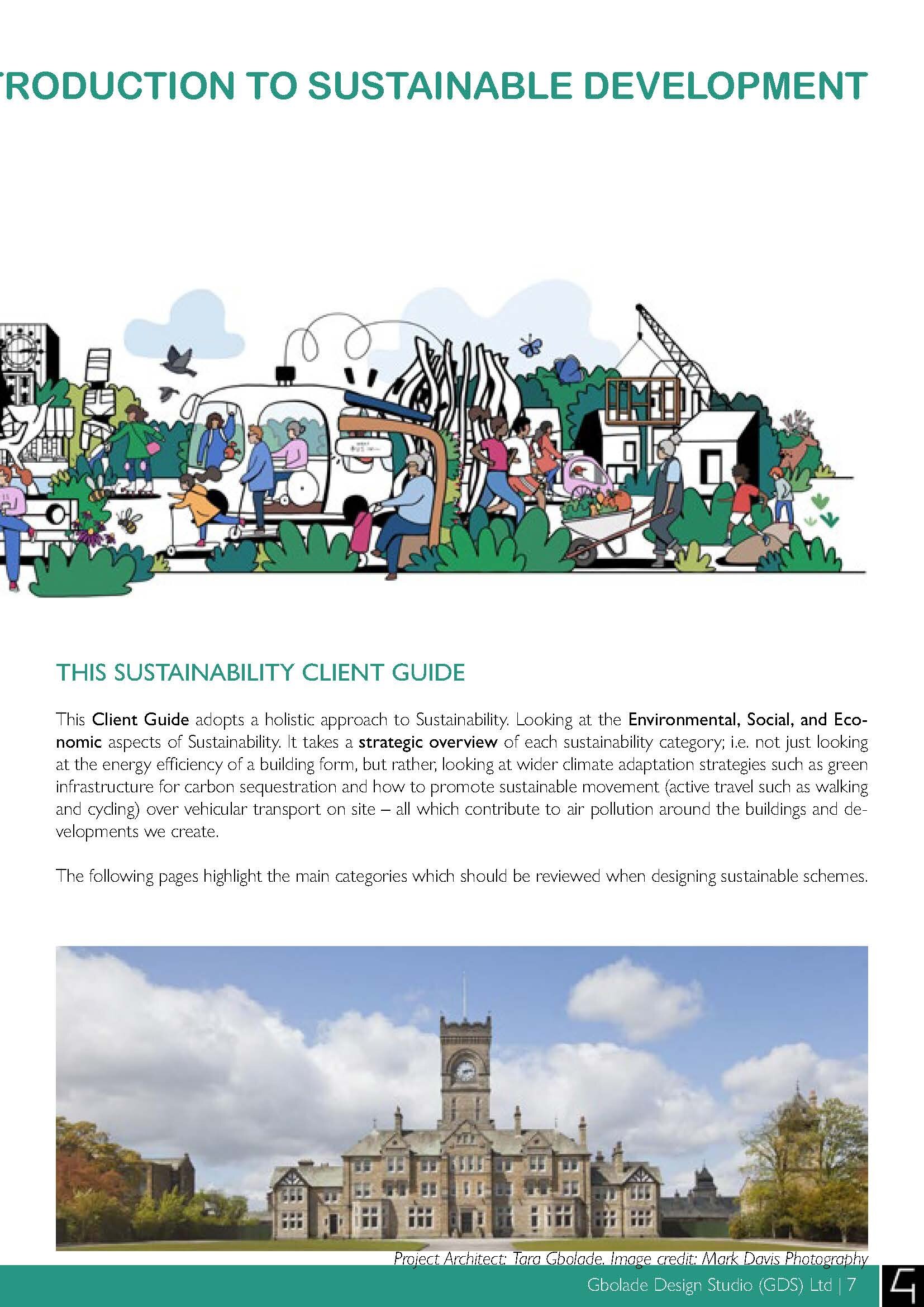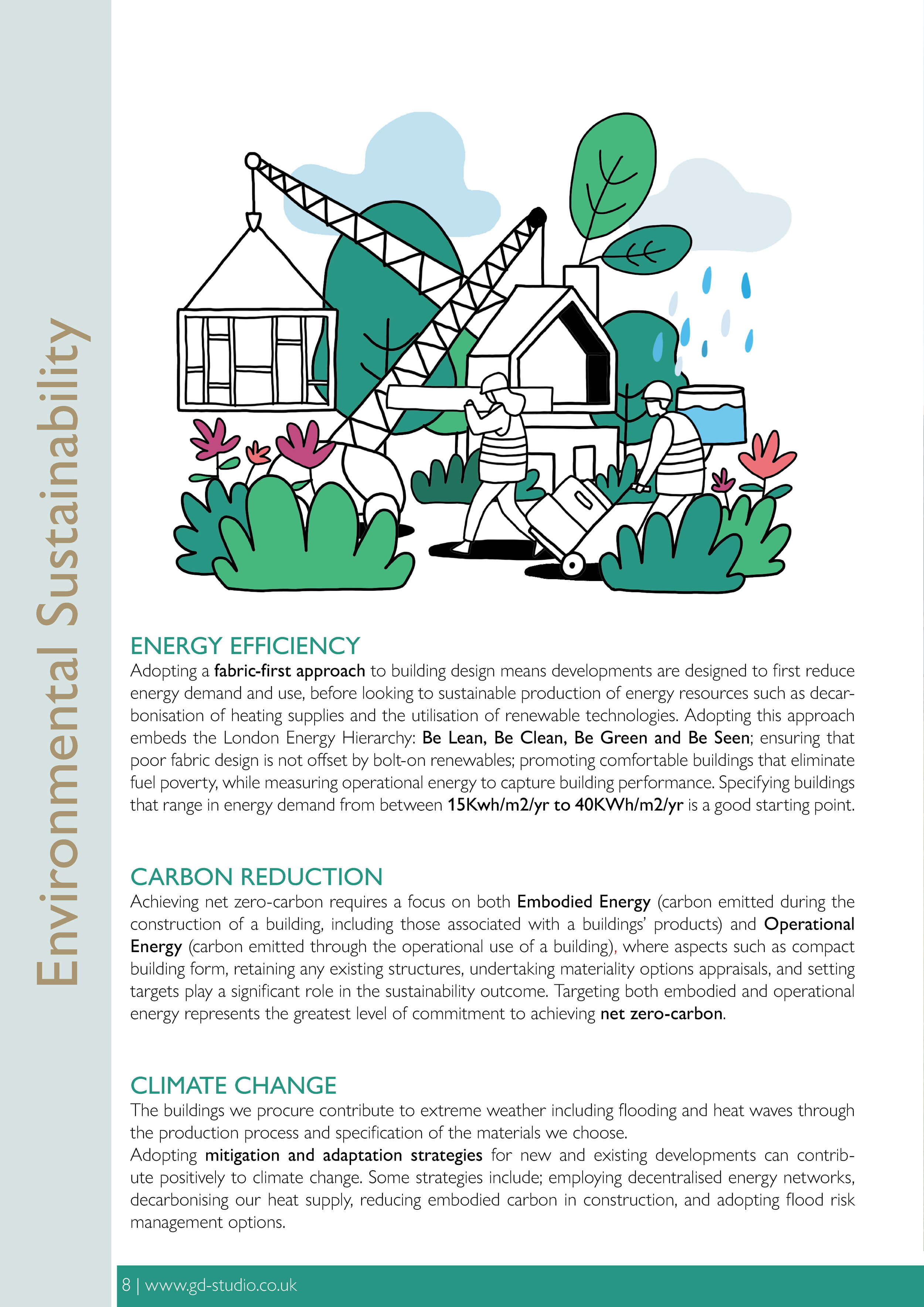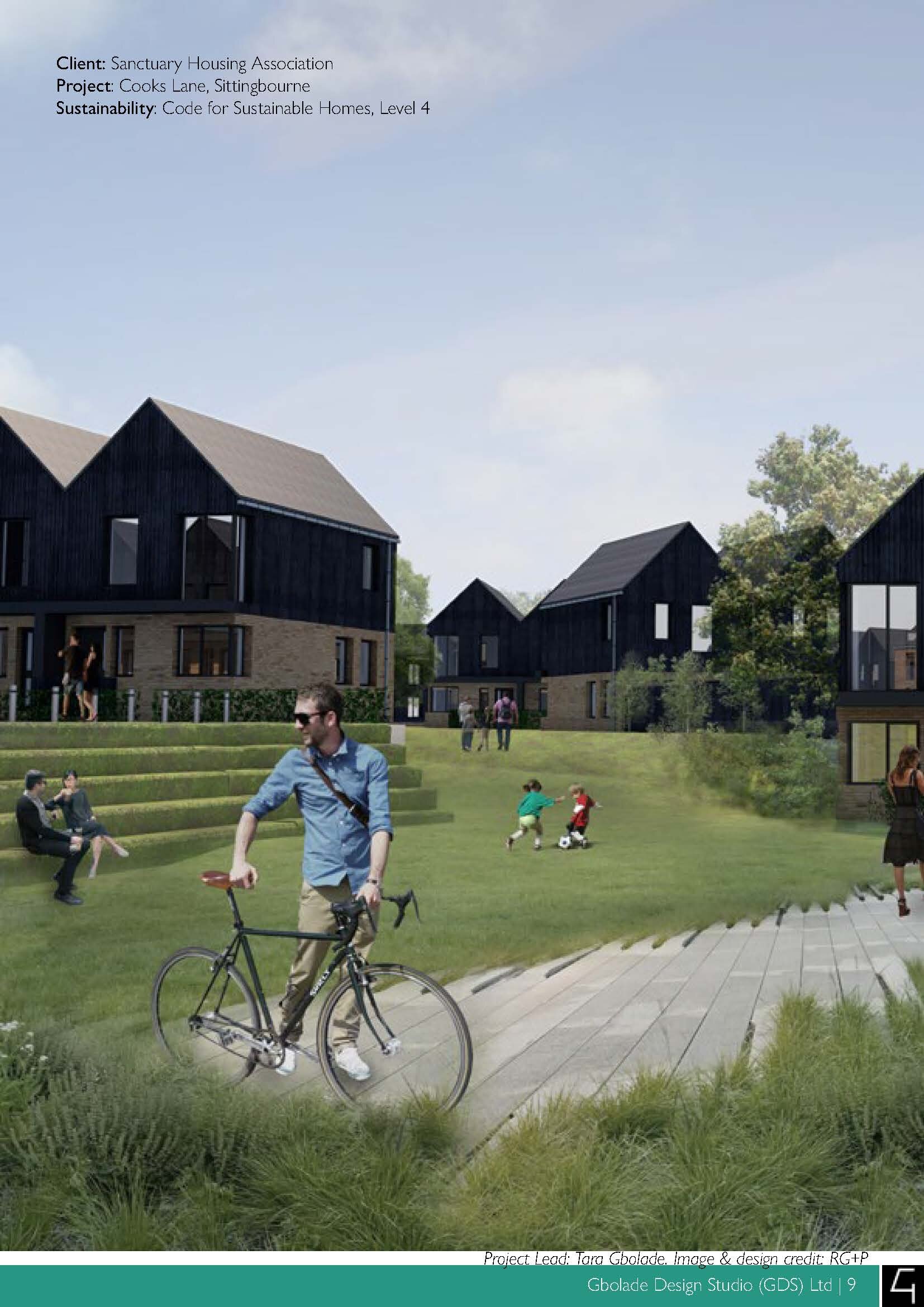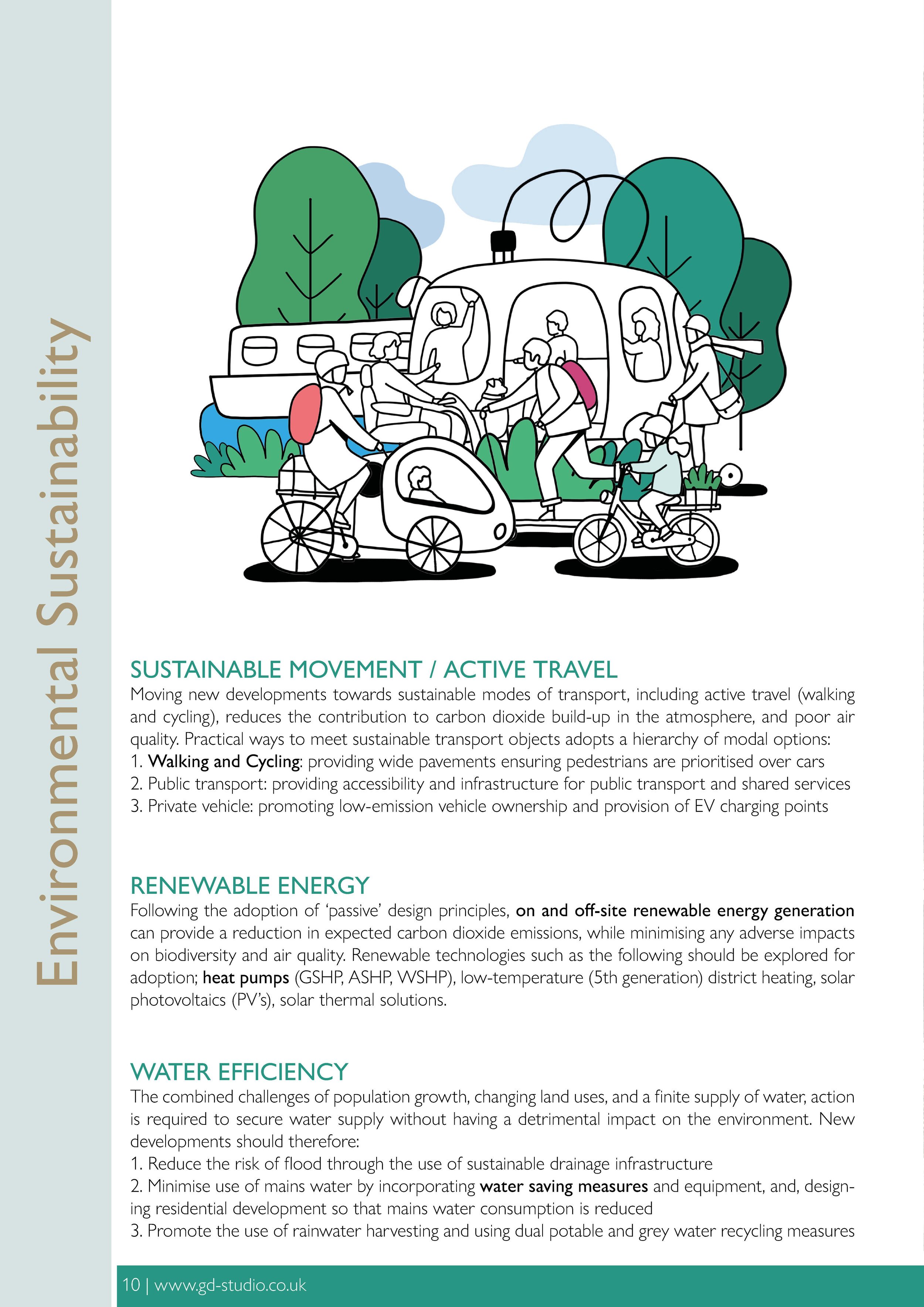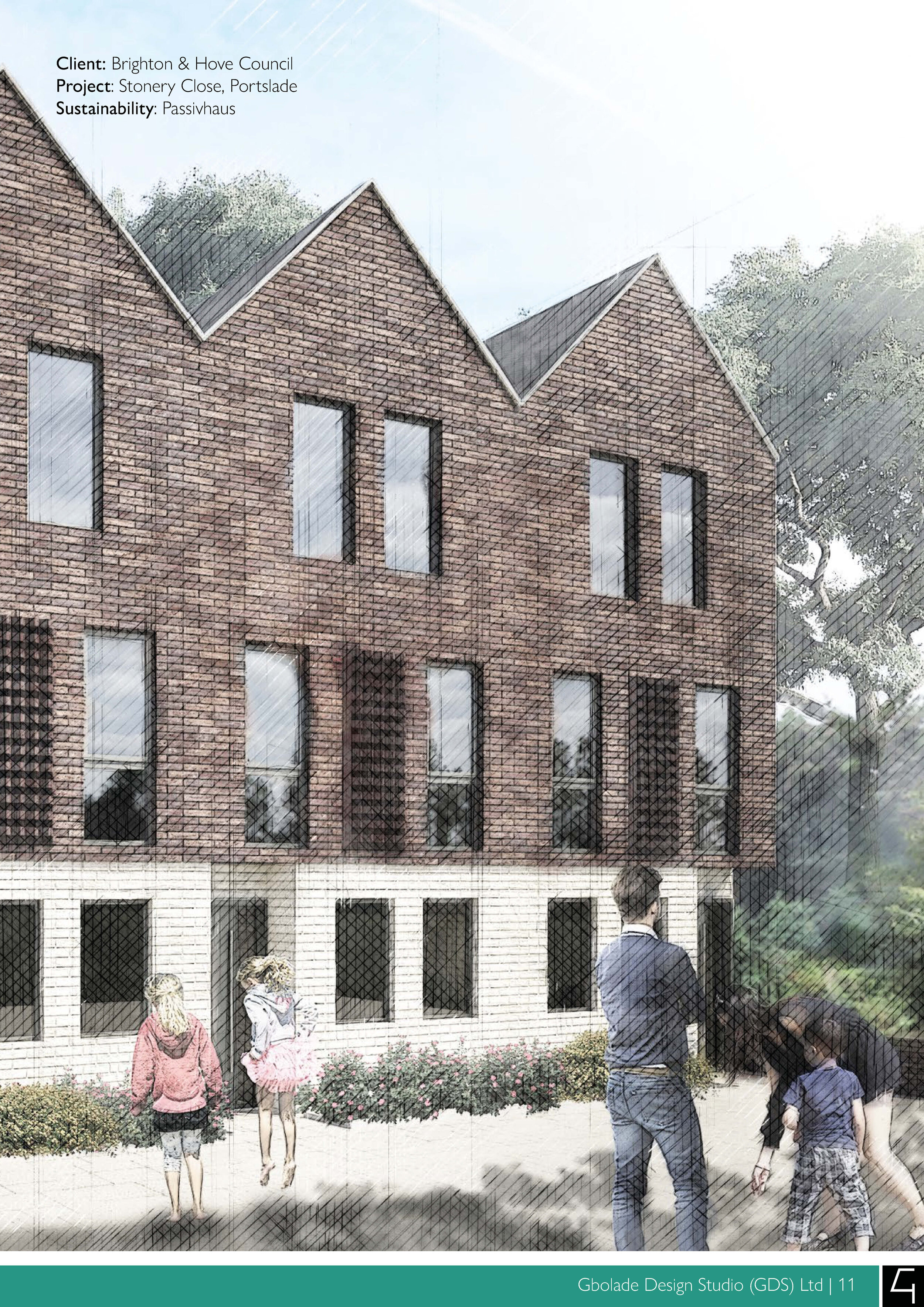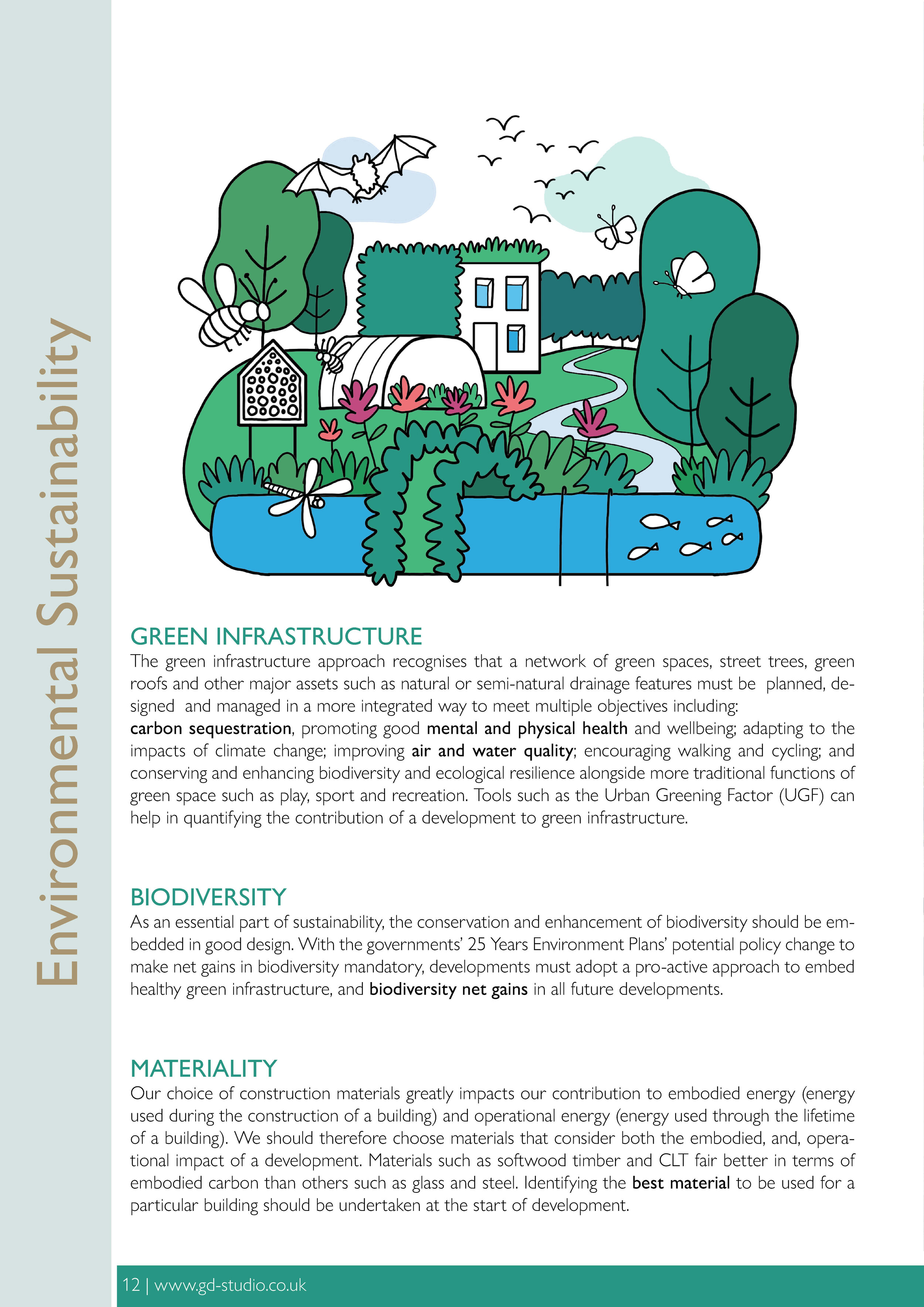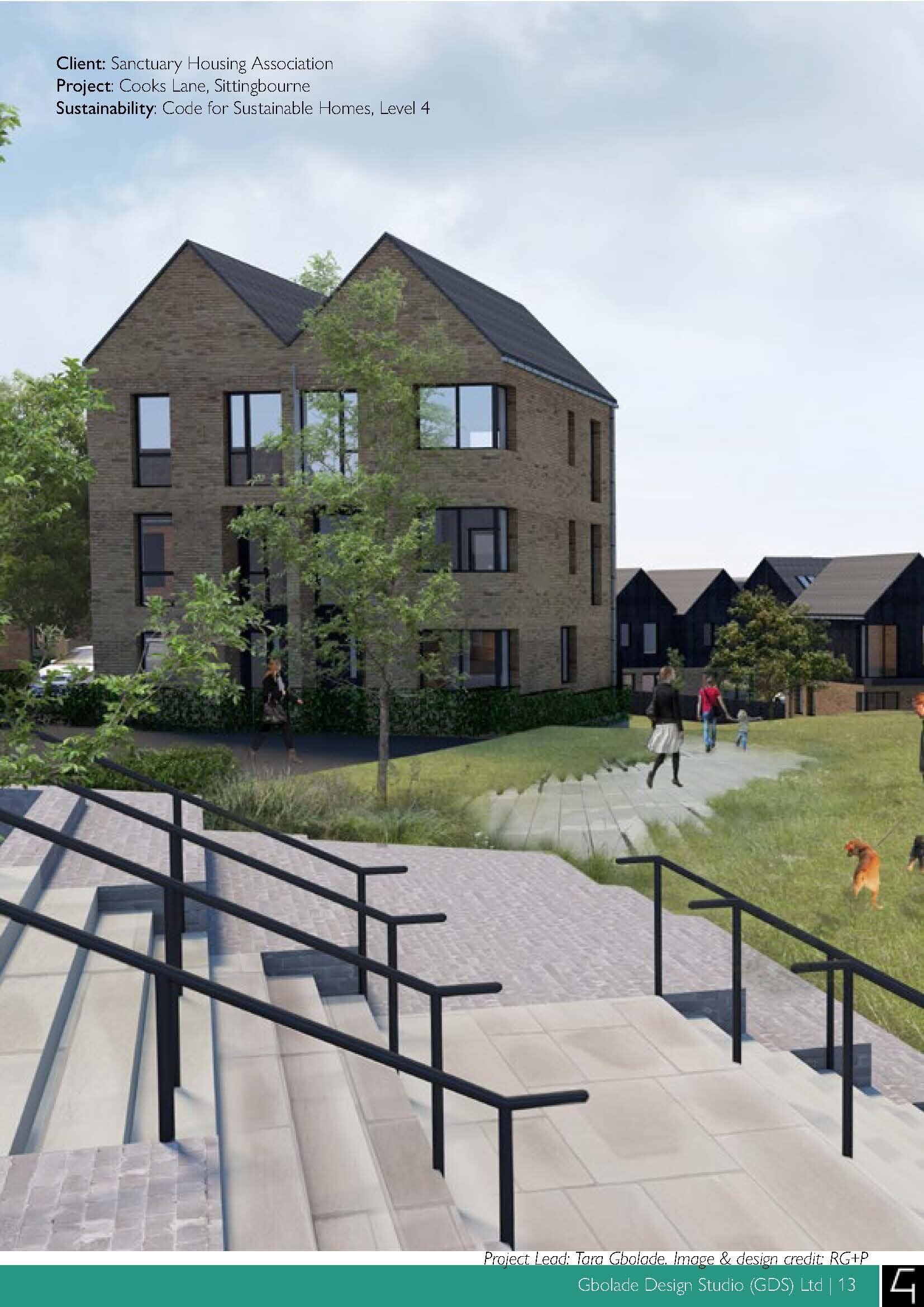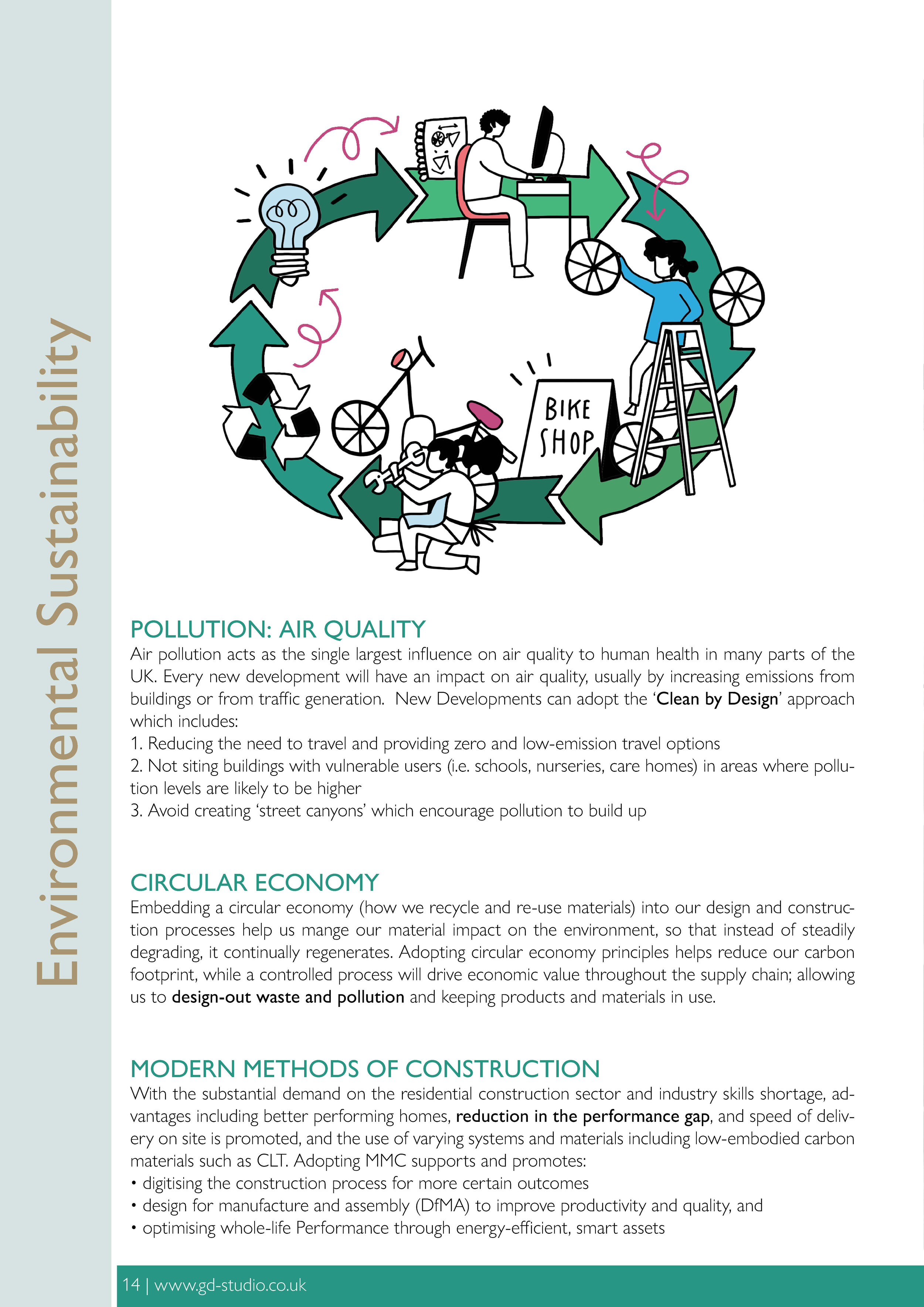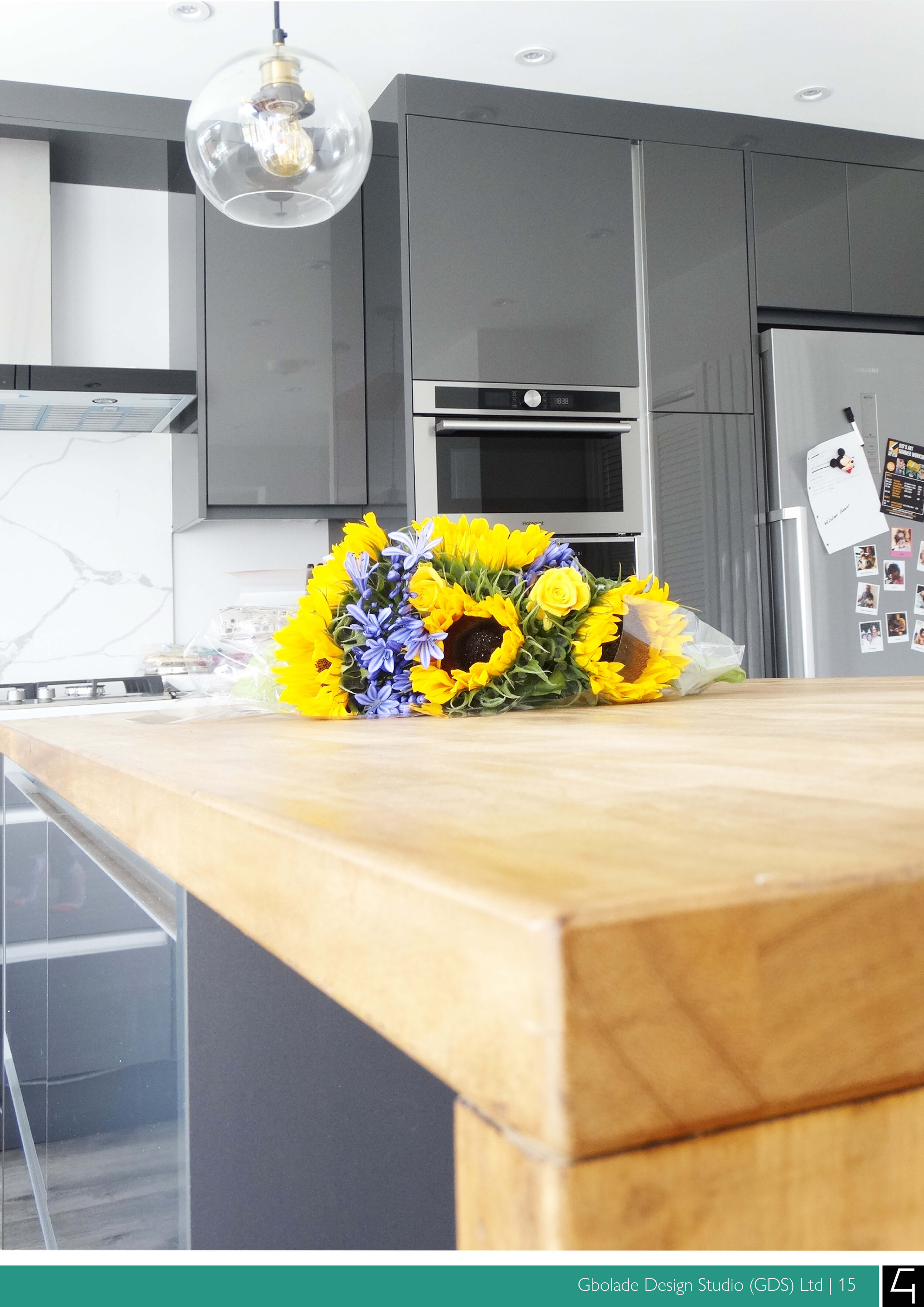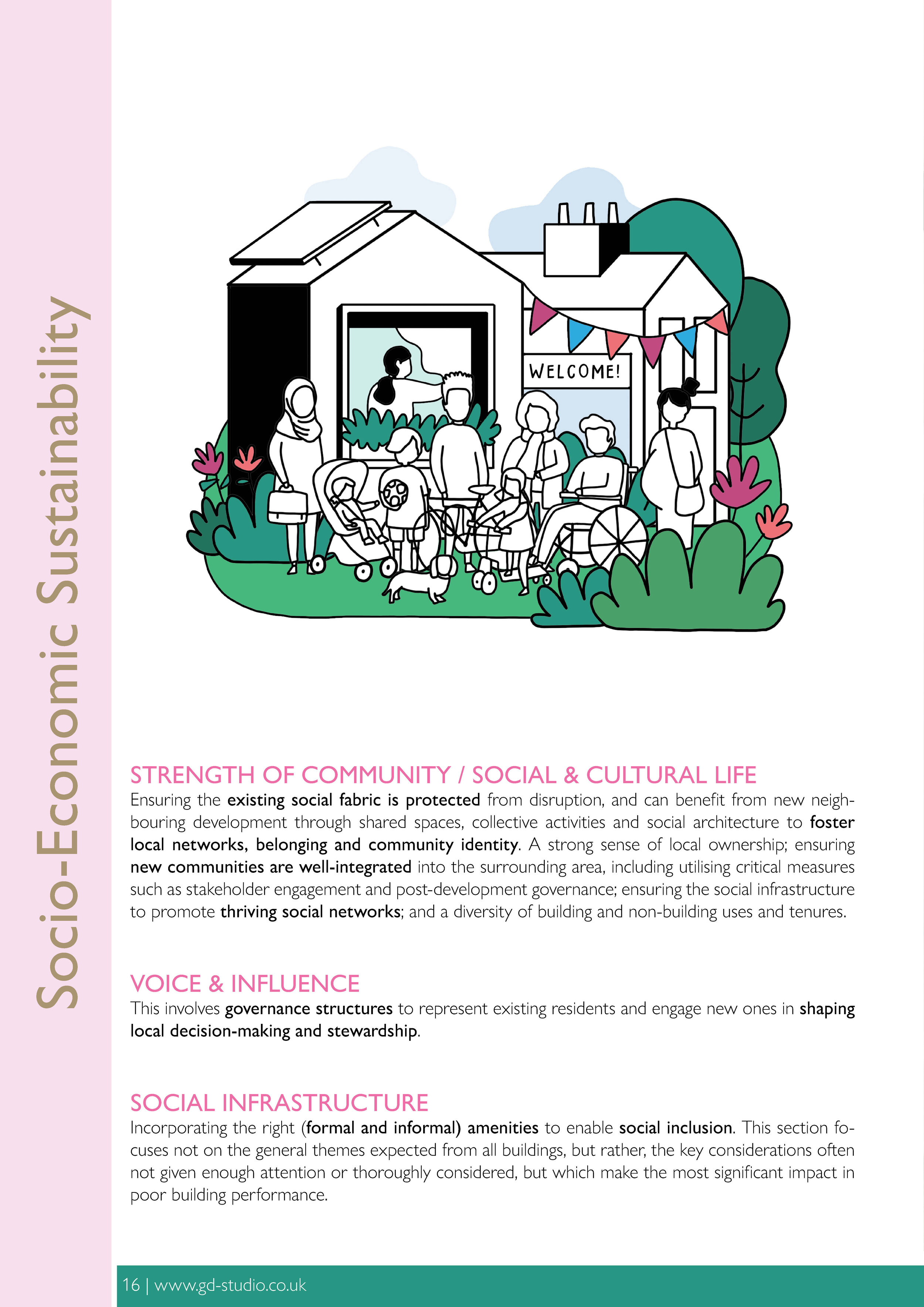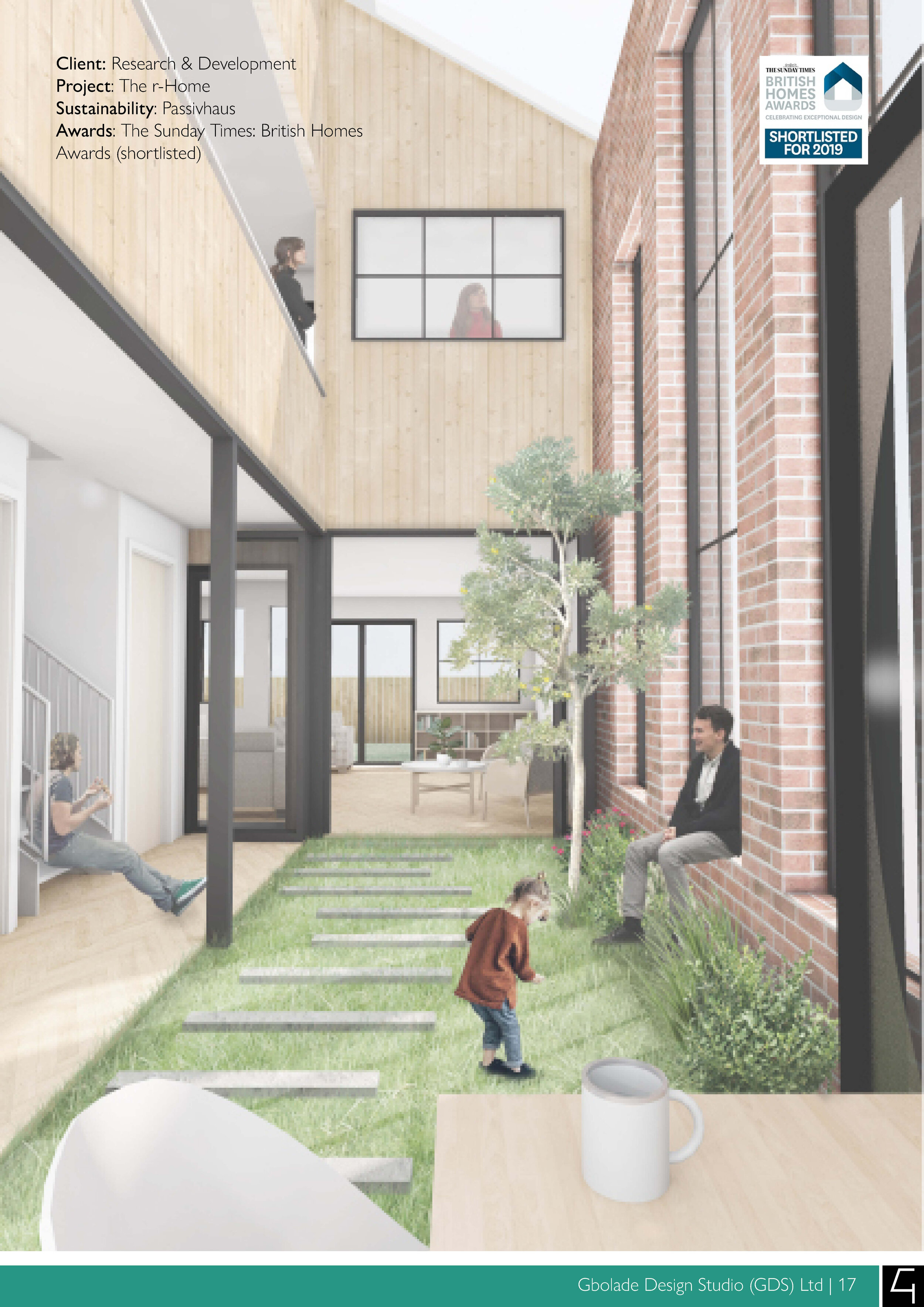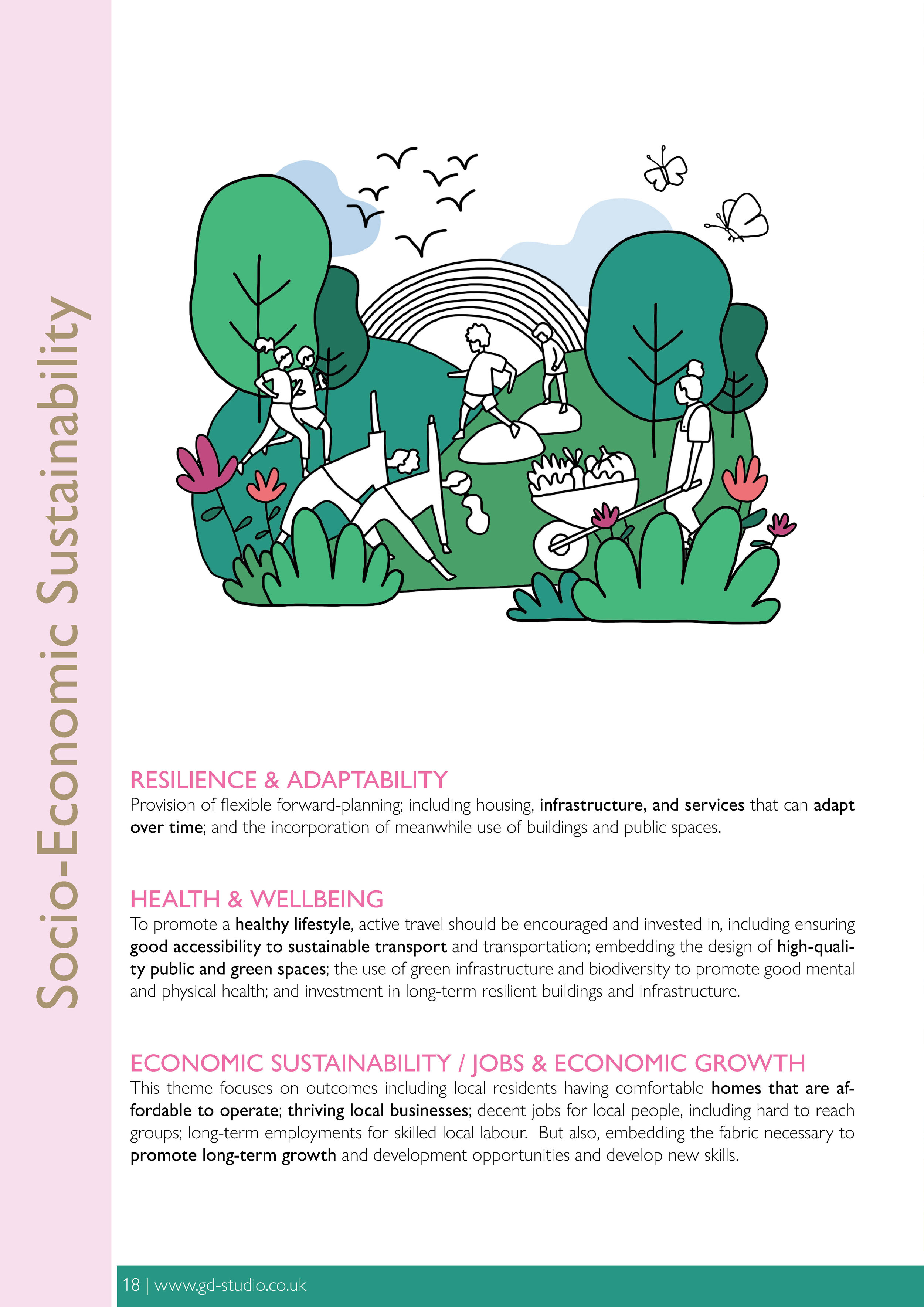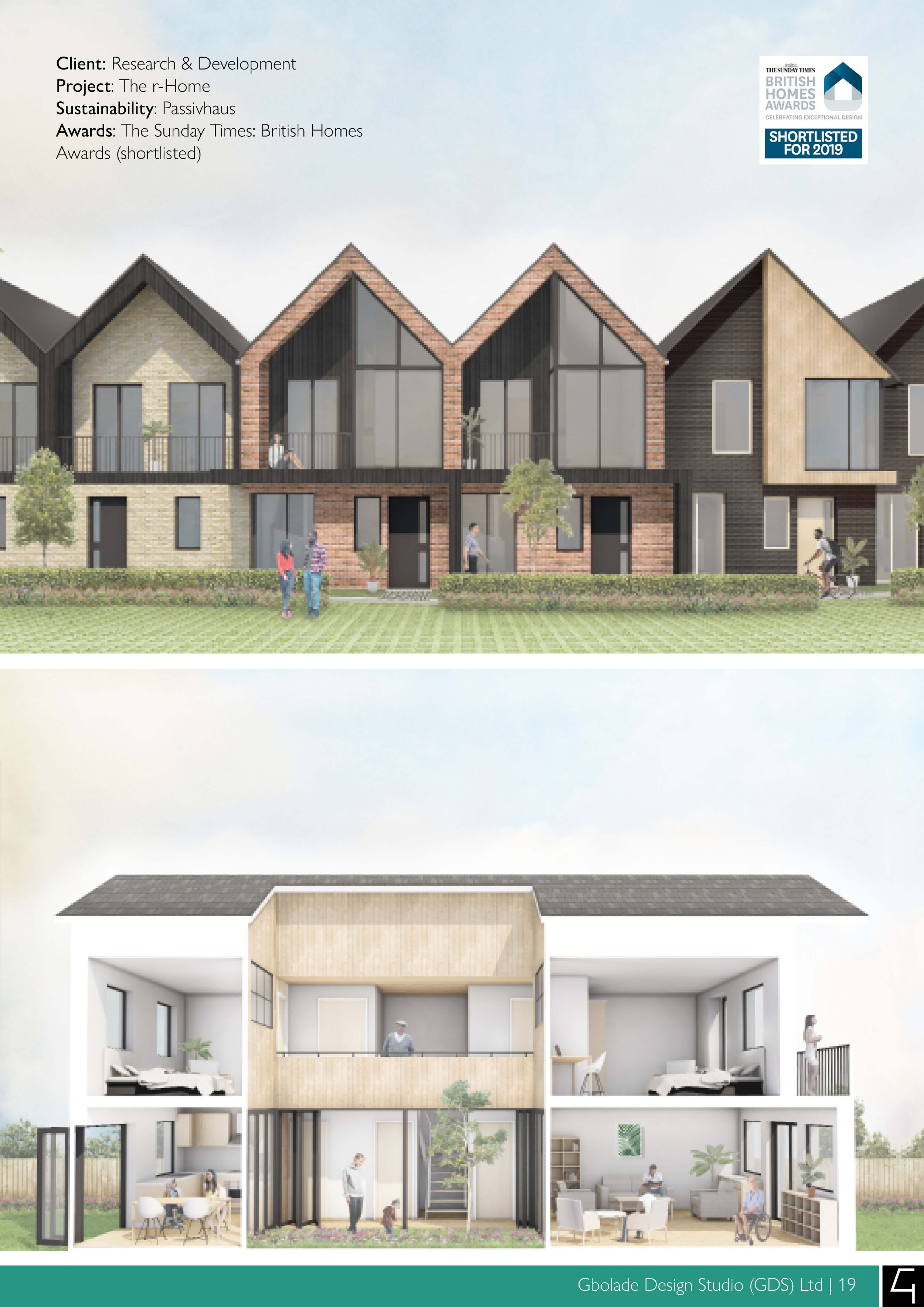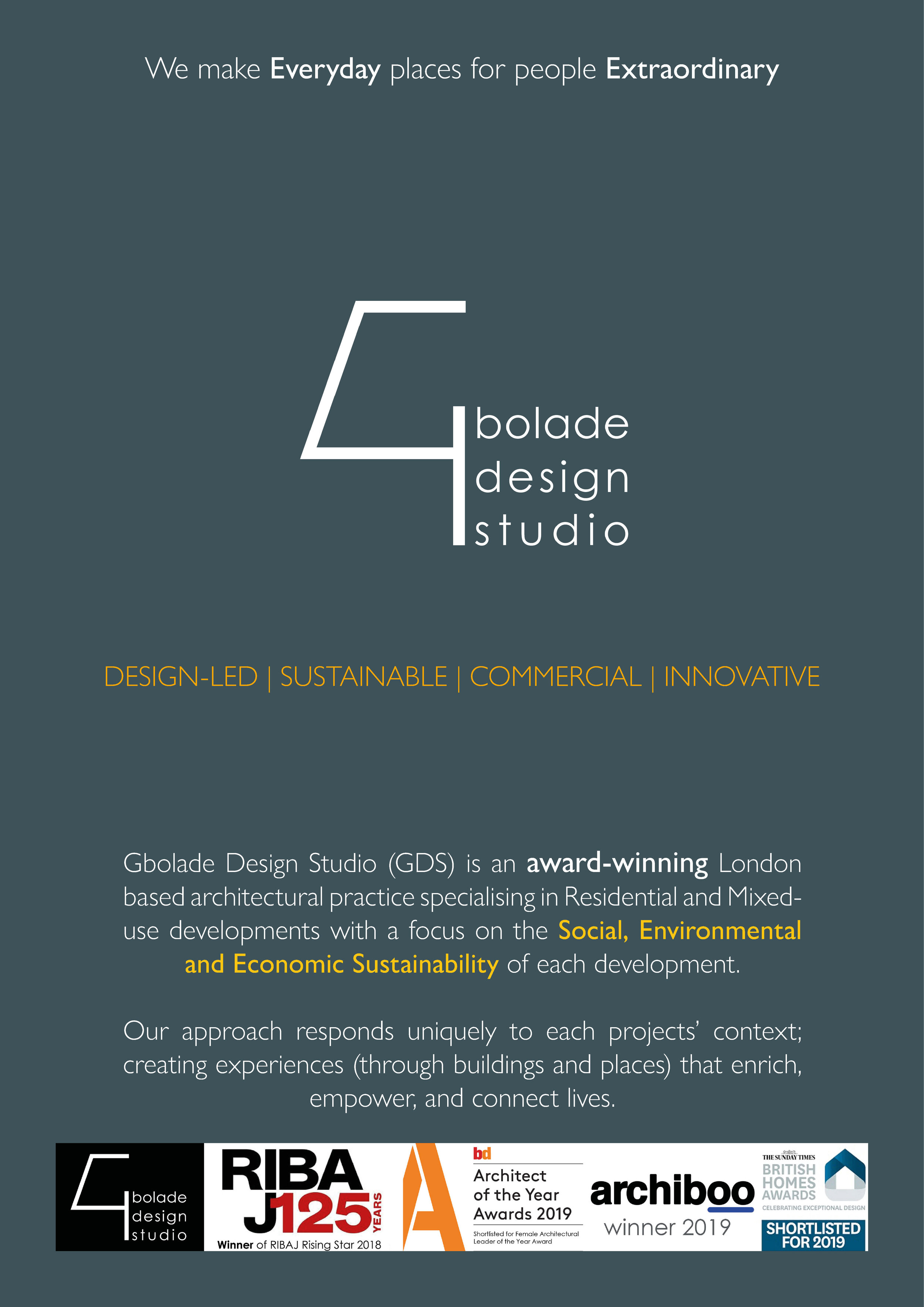Decolonising Architecture: 100Day Studio: Black Females in Architecture
Our director, Tara Gbolade, was an invited guest on this important event held jointly by the Architecture Foundation (AF) and Black Females in Architecture (BFA). Esteemed speakers included; David Ogunmuyiwa / Joseph Henry / Pedro Gil
Event Details: WHAT CAN WE DO COLLECTIVELY TO DECOLONISE ARCHITECTURE?
WE’LL DISCUSS PERSONAL EXPERIENCES TO UNDERSTAND THE IMPORTANCE OF DIVERSIFYING THE PROFESSION IN TERMS OF HIRING MORE DIVERSE STAFF, SUPPORTING THEM AT THE WORKSPACE AND ENABLING PATHWAYS TO LEADERSHIP POSITIONS WHICH ALL SIGNIFICANTLY IMPACT HOW OUR BUILT ENVIRONMENT IS SHAPED.
This event will be part of the Architecture Foundation’s 100 Day Studio with BFA hosting a BFA Session on Decolonise Architecture: Diversifying the Profession. The 100 Day Studio is a digital event series curated by the Architecture Foundation offering a daily diet of online lectures, interviews, building tours and panel discussions - all live and all free.
BFA Co-founder Neba Sere and BFA Member Umi Baden-Powell (Founding Director insider-outsider) have a shared passion for championing diversity & inclusion within the profession through enabling voices from the African & Caribbean diasporas, BAME and marginalised communities to shape and interrogate education, practice and the built environment itself.
The second edition of this event will focus on the importance of diversifying the profession in relation to decolonisation movement within the built environment, from understanding the issues for BAME graduates finding a job/accessing practice to the barriers for BAME led businesses to gaining the opportunities to build once they’ve set up their own practice.
Neba and Umi are joined by panellists: Joseph Henry, GLA Regeneration Officer and co-host of Sound Advice; David Ogunmuyiwa, founder of ArchitectureDoingPlace; Tara Gbolade, co-founder of Gbolade Design Studio; and Pedro Gil, founder of Studio Gil, along with invited listeners.
The audience is then invited to look back at their experiences within the architecture profession (or trying to get into it) to join the discussion as experts of their own experiences.
[Keynote Listeners: Simon Allford (AHMM), Paul Karakusevic (KCA), Christoph Lindner (The Bartlett), Bob Allies (Allies & Morrison), Joe Morris (Morris+Company), Peter Murray (NLA), Jason Parker (Make), Leo Pollak (Southwark Council), Heinz Richardson (Jestico + Whiles) Bob Sheil (The Bartlett), Alan Vallance (RIBA), Alex Warnock-Smith (Central Saint Martins), David West (Studio Egret West)]





